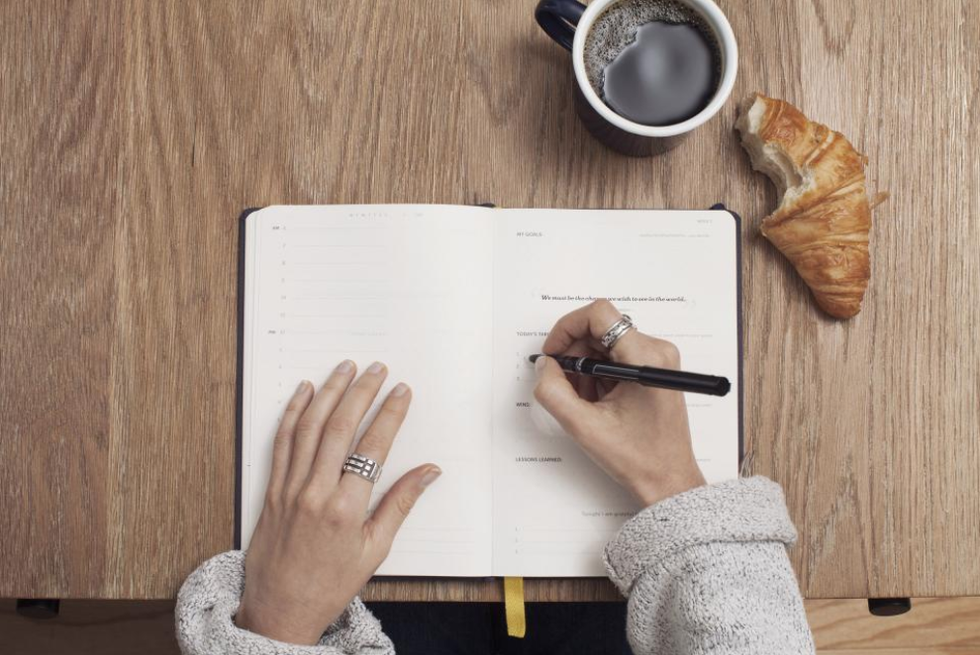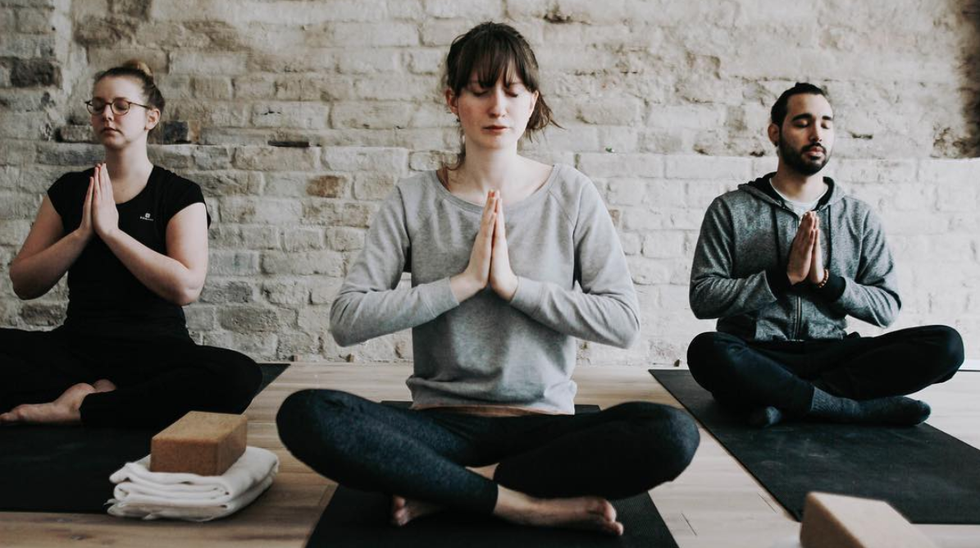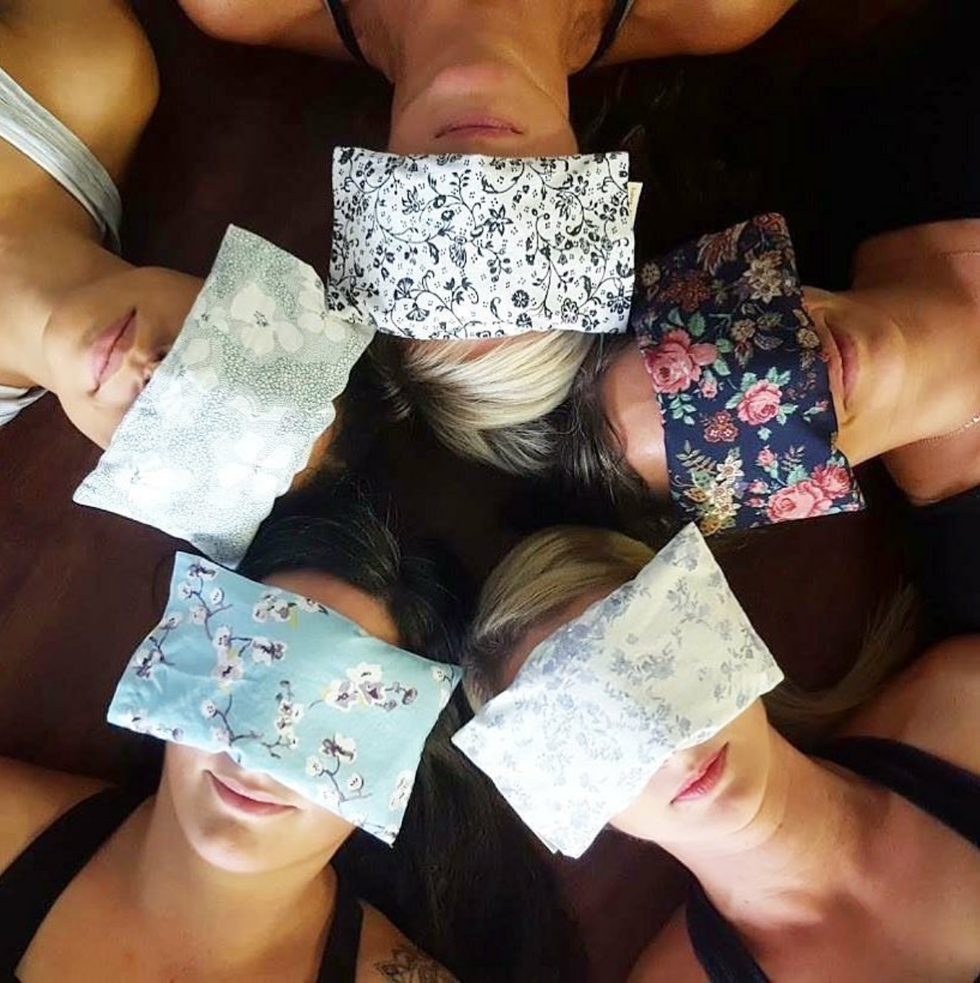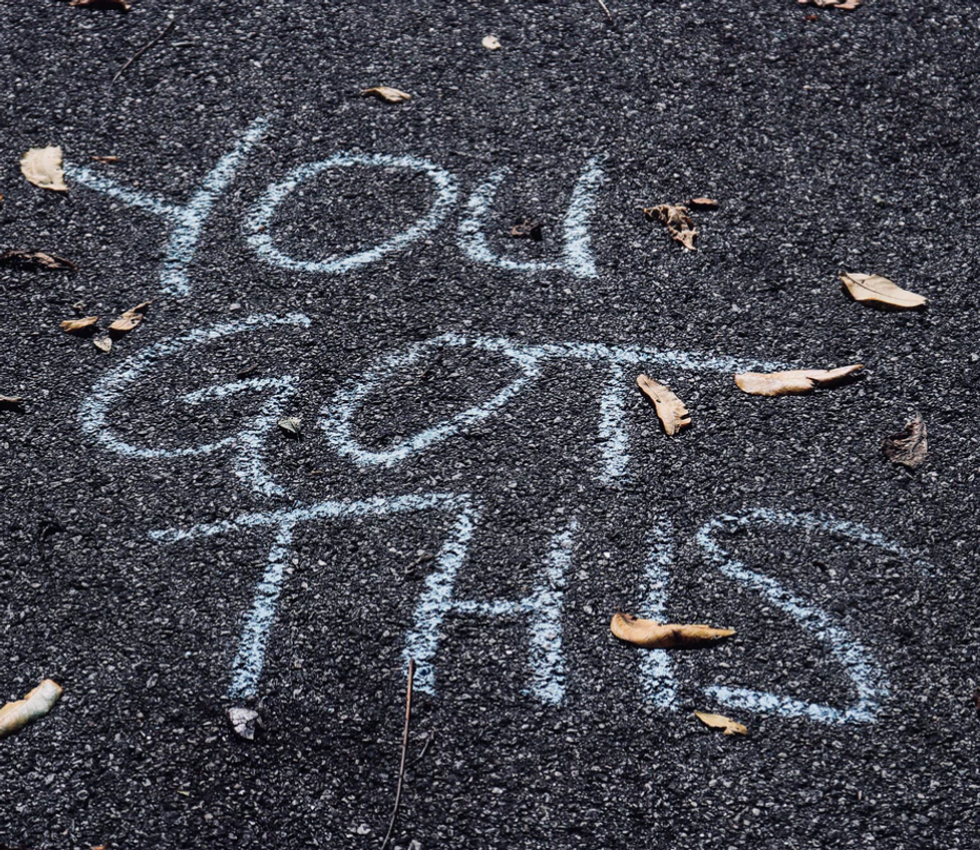Finals are nearly here, my friends! We all know the struggle of completing those last few exams and papers before packing and preparing to go home for the winter holidays. Between cramming in assigned readings and meeting paper deadlines, relaxing and taking a break might be the last thing on your mind. However, practicing some simple tools for self-care will help improve your concentration, attention span, and memory. You don't have to survive the week on caffeine and minimal sleep! Fight the urge to allow your frazzled thoughts and nervous energy take over your life by trying out some of these tricks.
1. Find relief with a mind dump exercise

https://www.everypixel.com/image-11252169786960790925
Doing a "mind dump" is pretty much exactly what it sounds like, and there's truly no wrong way to do it. Put pen to paper and allow yourself to list everything on your mind, either in bullet form or in full sentences. This might include things you need to do (like "schedule dentist appointment"), assignments to be completed ("Philosophy paper, Art History flash cards, read Psych chapters 8-12"), or anything you're feeling/experiencing ("tired, overwhelmed, excited to go home for break"). Nothing is off-limits! After you're done, you can do whatever you want with this, hopefully at least feeling a bit lighter. It might be a relief to tear the paper up into a million pieces, or save it and use it as a baseline to get a study schedule started to prioritize exam dates, due dates, etc.
2. Take a breather & quiet your mind

https://www.instagram.com/p/BqvWDWcgsrT/
Practice a simple form of meditation by closing your eyes while seated, and just start to notice your breathing. Try not to get caught up in any racing thoughts or present worries - it is completely normal to experience this! However, you may notice that as you focus on your breathing, your thoughts become less prominent. Bring awareness to the feeling of air coming in your nostrils, allowing your ribcage and belly to expand, and exhale out your mouth naturally without forcing anything. Once you have spent a couple of minutes doing this, start to lengthen your inhales and exhales so they are of equal length. Inhale, mentally counting, "1, 2, 3, 4", then exhale through your mouth for 4 counts and continue for 5 to 10 minutes. This form of breathing is an ancient technique called "sama vritti" and promotes relaxation and clarity of mind.
3. Show your eyes some love

https://www.instagram.com/p/BqAeb5MhDFy/
If you've been staring at your computer screen and textbooks for hours on end, it's time to give your eyes a much-needed break. Researchers at The Vision Ergonomics Laboratory suggest increasing font size and switching your typical Times New Roman font to something more easily readable, like Verdana or Helvetica to reduce strain on your eyes. You should also be taking a short break from your screen at least every half hour.
Before you go to sleep at night, or during a mid-day break, rest with an eye pillow. The light weight of an eye pillow filled with rice or flax can be extra soothing and calming on the eyes. Additionally, eye pillows that utilize scents like lavender or eucalyptus add an extra sense of rejuvenation. Some eye pillow brands are designed to be microwaved for heat therapy, and almost all eye pillows can be placed in the freezer if you're craving a cooler touch. You can purchase one from Amazon (like this one) or do-it-yourself. Pour approximately one cup of uncooked rice that has a couple drops of your choice essential oil mixed in into a tube sock, then tie off the end before use.
4. Practice positive self-talk & re-pattern negative thoughts

https://unsplash.com/photos/geM5lzDj4Iw
Researchers are finding that the way we talking to ourselves has the power to shape our perception of our abilities. When your self-talk and internal beliefs are negative, like believing you won't do well on an exam, you have poor study habits, or can't get out of the trap of procrastination, you might be unconsciously perpetuating behaviors that prove yourself right. When we affirm these negative beliefs, we are less likely to believe in our abilities to push through difficult or stressful times and therefore less likely to take productive steps towards tackling our challenges head-on.
Your negative self-perception might stem from completely legitimate sources - and it's important to validate that, too. I'm not asking you to put on rose-colored glasses and pretend like everything is OK when it clearly doesn't feel that way! For example, if you have anxiety that is provoked during finals week and consequently negatively impacts your sleep, ability to concentrate, and study effectively, you might not perform as well on tests as you potentially could. However, in realizing this, it's important to find ways you can take action and then affirm your ability to do so. Some examples are: "I am doing the best I can", "I can get through this", or "I am taking small steps towards success". It's important to also couple these positive statements with positive action so that you truly believe yourself when you repeat these statements. This might look like seeking support from a therapist, going to your professor's office hours and/or review sessions, creating a study schedule, or making sure you're drinking enough water every day.















